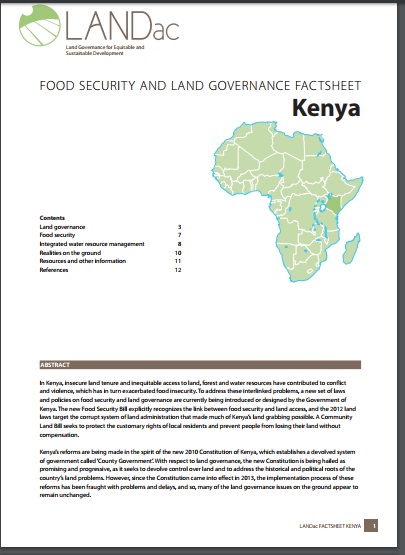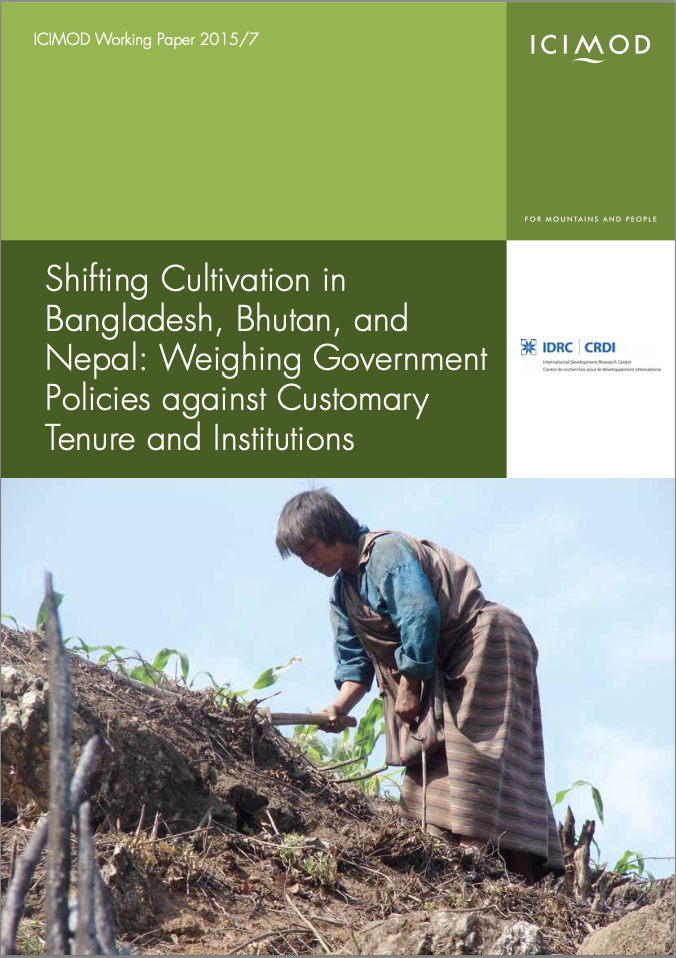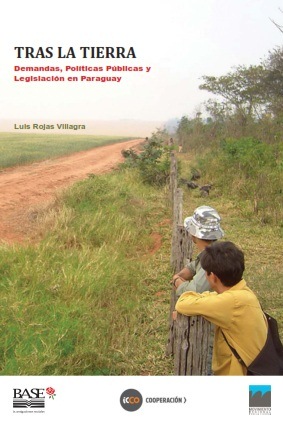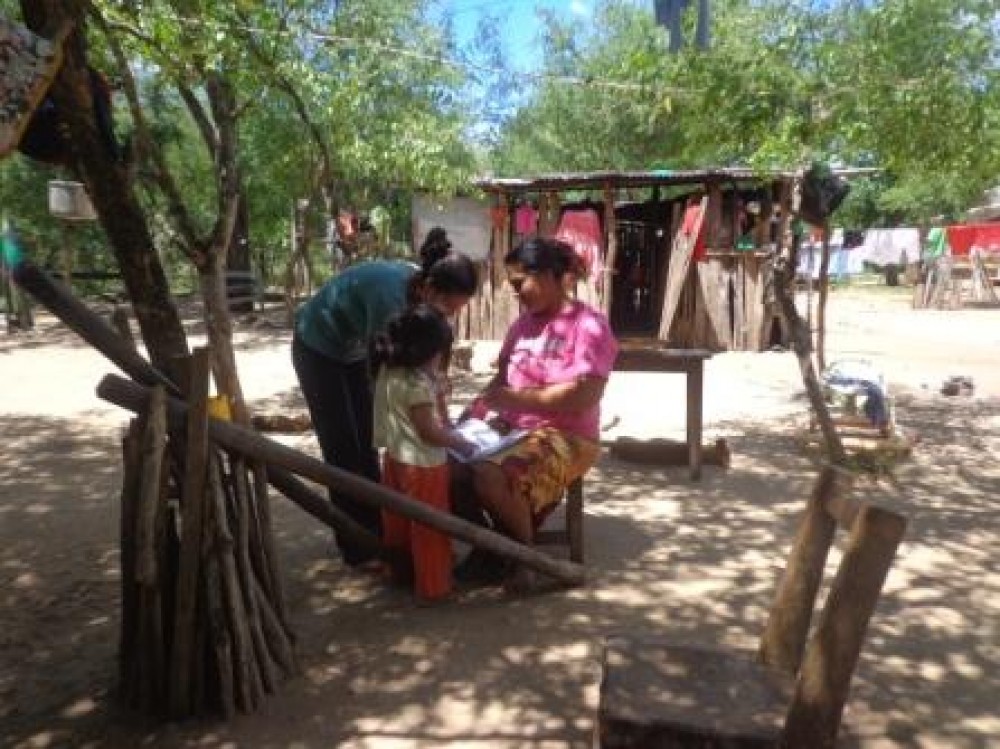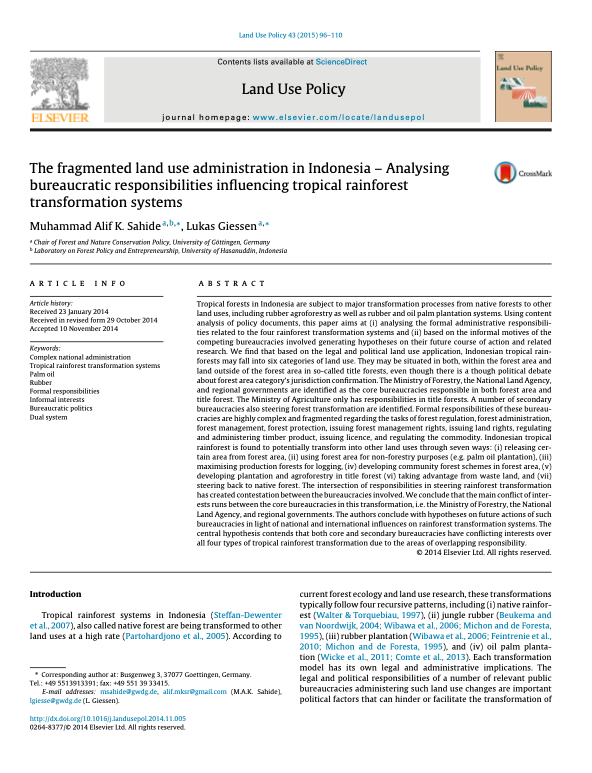Ramada Quemada: Consolidación y Gestión Territorial
Un caso con énfasis en la consecución de legislación y políticas del Estado, a través de los derechos de los pueblos indígenas. En esta estrategia los pueblos impugnan la soberanía del Estado nacional sobre sus territorios.


